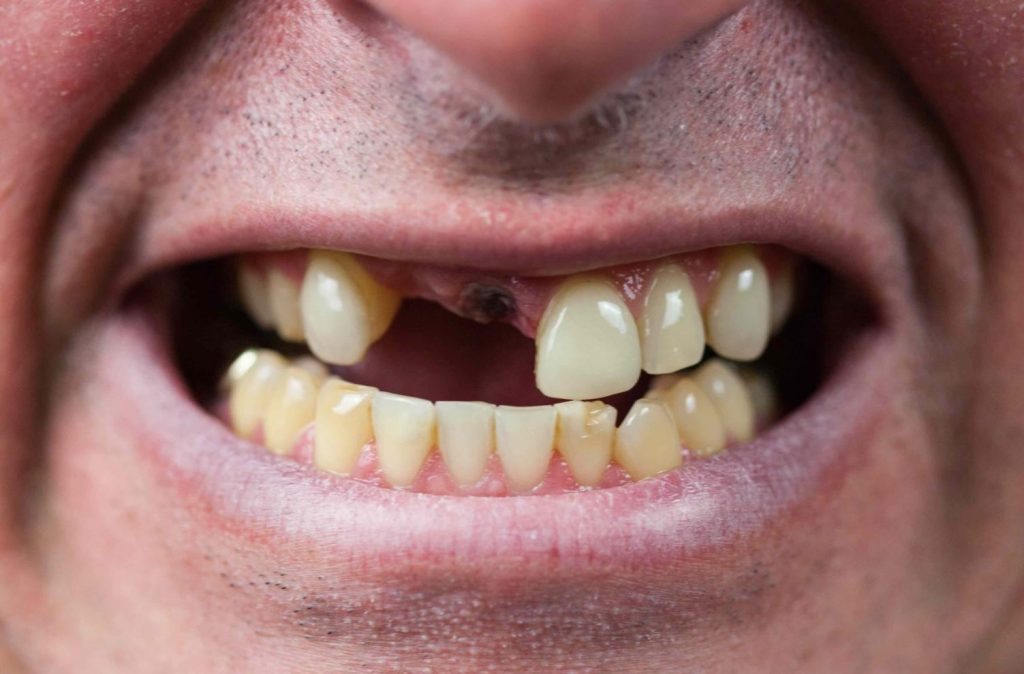Too many of us don’t think about the consequences of losing natural teeth until it is too late. Teeth can take the battering of a lifetime of bad habits and oral hygiene neglect before they are lost beyond rehabilitation. This may be why it is older adults who are more likely to have more of their natural teeth missing.
Sadly, it is only when we have to deal with the adverse impact of a lost tooth or consider the costs of replacing lost teeth that we fully realise how important it is to take care of natural teeth. In the UK, 15 per cent of adults aged between 65 and 74 years have no natural teeth and this percentage increases the older the age bracket gets with 47 per cent of adults aged 85 and over having no adult teeth left.
The better we look after our teeth, the better our chances are of keeping them for as long as we live. Caring for our teeth requires a few at-home oral hygiene obligations such as daily brushing and flossing, according to approved dental hygiene techniques. This works to an advantage when paired with routinely scheduled visits to the dentist Soho for professional cleanings and checkups.

3 risks of not replacing lost teeth
Losing adult teeth has the potential to interfere with our everyday lives in numerous ways. These dental consequences can directly impact the quality of life and longevity of natural teeth.
1. A lost tooth poses an immediate danger to neighbouring teeth, gums and the jawbone. An open socket in the dental arch is most vulnerable to the invasion of bad bacteria. These harmful microorganisms find safe harbour within these cavities, where they lead to infections in the gum tissue. Moreover, if they reach deeper into the gums, they could make their way into the roots of adjacent teeth. Beneath the gum line, the loss of tooth roots is felt by the jawbone too, which needs these roots for stimulation. It is through this stimulation that jawbone density is protected. When there are no longer roots to provide the much-needed stimulation, bone absorption begins, which has a detrimental impact on face shape.
2. Contrary to what many of us believe, teeth can shift out of position. This is more likely to take place when teeth are missing and neighbouring teeth begin to move out of position to occupy empty spaces. Waiting too long to replace missing teeth may prompt existing teeth to drift, creating orthodontic problems like crooked teeth issues.
3. Difficulties in chewing are another undesirable consequence of missing teeth. Depending on where the lost tooth or teeth sat, we can experience eating challenges when this support is no longer there. Breaking off chunks of food is made more difficult when front teeth are missing. When rear teeth are lost, this creates challenges in grinding the food down into tiny pieces that are suitable for digestion.
Once patients realise that there is much more to losing a tooth than just ruining the look of a smile, they are more likely to take proactive measures to find the appropriate missing teeth replacement solutions.

